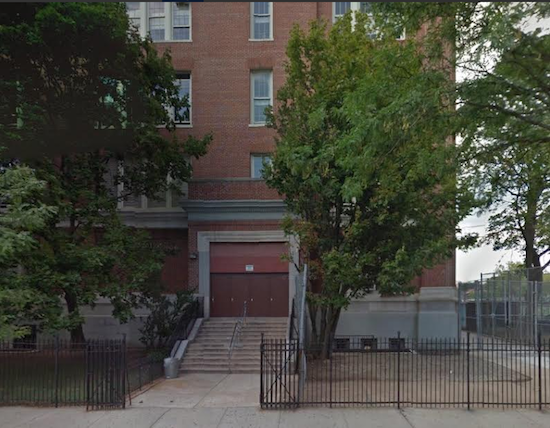Brooklyn teachers wrongly fired after sex allegations, court rules

Screen Shot 2014-03-21 at 2.58.43 PM.png
Two language teachers at a Brooklyn high school were improperly fired after a sexual encounter on school grounds, a Manhattan appeals court ruled.
Cindy Mauro and Alini Brito taught French and Spanish, respectively, at James Madison High School on Bedford Avenue. In 2009, after having dinner off campus with colleagues, the two went back to the high school campus to observe a musical competition.
It is alleged in court documents that at some point, the two women were seen in a third-floor classroom “partially undressed … and “engaging in what appeared to be sexually inappropriate behavior.” Mauro and Brito were fired after an arbitration hearing with the New York City Department of Education (DOE).
